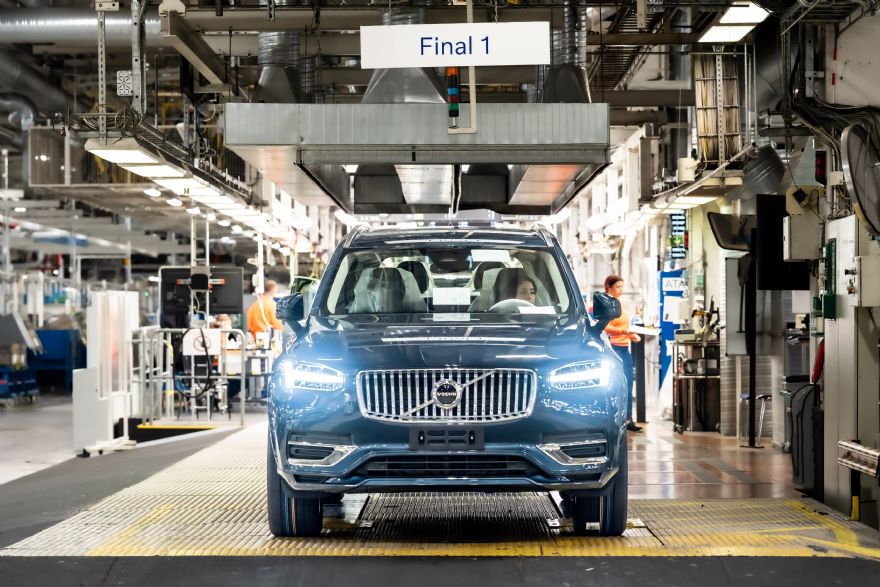 Volvo
Volvo first announced the news at
Climate Week NYC in September last year, and now it is official —— the company has built it last diesel car. On a cloudy Thursday in early February, the car manufacturer‘s plant in Ghent, Belgium, produced its last diesel-powered car, a V60, and just a few days ago, its plant in Torslanda, Sweden, saw the last XC90 diesel car roll off the production line.
These events mark a huge milestone in Volvo Cars’ 97-year history. With this move, it is taking a big step towards its ambition of becoming a fully electric car manufacturer, as well as achieving ‘net zero’ greenhouse gas emissions by 2040. For a long time, its diesel engines were synonymous with reliability and efficiency, and their success played a signifcant role in the company’s evolution into a premium brand.
In recent years, the electric revolution has evolved rapidly, largely propelled by tightening regulations around tailpipe emissions, as well as customer demand in response to the climate crisis and a desire for cleaner urban air. Only five years ago, the diesel engine was Volvo’s bread and butter in Europe, just like it was for most other car manufacturers. The majority of Volvo cars sold in Europe in 2019 ran on diesel, while electric models were just starting to gain traction.
Today, most of Volvo’s sales on the continent are electrified cars. Last year, the company increased its sales of fully electric cars by 70%, and its global electric market share by 34%. The figures speak for themselves, underscoring that the all-electric path that Volvo has taken is the correct one.
While its future will be fully electric, Volvo currently has a mixed portfolio that includes plug-in hybrid and mild-hybrid models available.